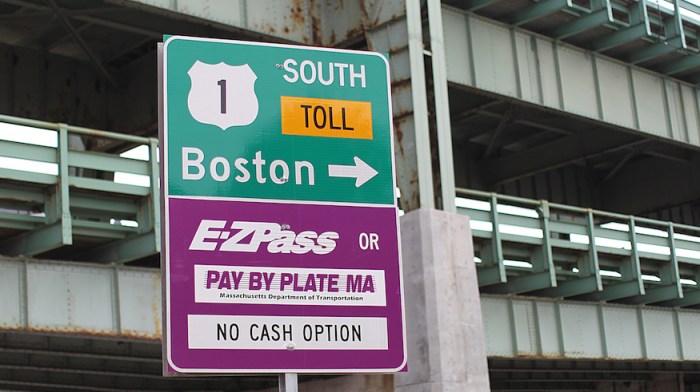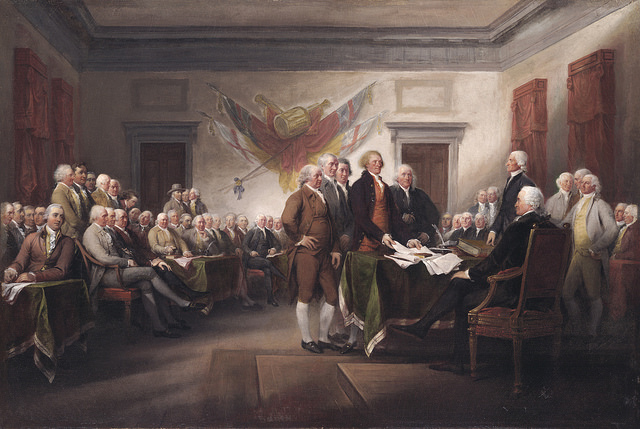Massachusetts residents will fall back this weekend after all and will likely continue to adjust their clocks twice a year for the foreseeable future.
A legislative commission studying whether the Bay State should shift permanently to Atlantic Standard Time — essentially the time zone that Massachusetts observes between March and November — issued a final report Wednesday that outlines the “positive benefits” of shifting an hour ahead of the eastern seaboard but stops short of recommending the change.
“The commission does not recommend a simple switch and cautions that following certain qualifiers should accompany any future conversation and legislative approvals,” Sen. Eileen Donoghue, who chaired the commission, said Wednesday. “The commission is not making any recommendation as to legislation, the commission is not making recommendations as to any action to be taken by Massachusetts alone.”
The commission found, through what it called “a data-driven approach,” that changing to Atlantic Standard Time (AST) “has the potential to create economic growth in Massachusetts as people tend to shop, dine out and engage in commercial activities more in after-work daylight,” and that the switch “could improve public health in the Commonwealth by eliminating the annual transition to (Daylight Saving Time) — and the corresponding increase in traffic fatalities, workplace injuries, and heart attacks.” The change could also produce energy savings, cut down on greenhouse gas emissions, reduce street crime and boost worker productivity, the report said.
But the change would come with “appreciable costs” and could also have detrimental effects, specifically on education. The report found that the time zone change “could pose a safety risk during the winter to children waiting for the school bus in the dark and to adolescents driving in the early morning.”
The commission said that Massachusetts should only change to the AST time zone if “a majority of other Northeast states — possibly including New York — also do so” and should only do so in conjunction with “statewide standards for delaying school start-times to mitigate safety issues.”
If the move were to take effect, a far-flung possibility given the qualifiers the commission set out, Massachusetts would essentially be on Daylight Saving Time year-round. While other East Coast states adjust their clocks so that sunrise and sunset occurs earlier in the day from November to March, Massachusetts would remain on summer time.
“Some have asked why isn’t the recommendation to just stay on daylight saving time and let’s not turn our clock back,” Donoghue said. “The problem is the federal law that Congress passed back in 1966 allowed states to opt out of daylight saving time and two states did, Arizona and Hawaii. But under the current law, you can’t opt into year-round daylight saving time, so the practical effect of moving to the Atlantic Time Zone is, in essence, year-round daylight saving time.”
The Senate established the commission through a provision tucked into the $1 billion economic development bill signed into law last summer. The group began meeting in January and held six public meetings over a period of 10 months, Donoghue said.
Daylight Saving Time, which began in March, is slated to end at 2 a.m. on Sunday, Nov. 5. Residents should turn their clocks back one hour to correspond to Eastern Standard Time.



















